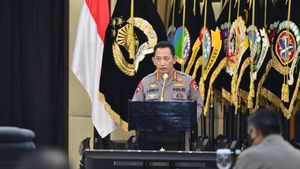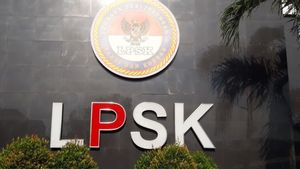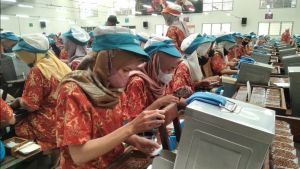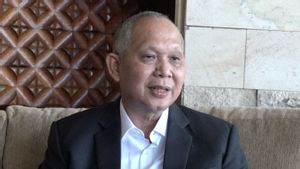
JAKARTA - The National Research and Innovation Agency (BRIN) said that the G20 member countries at the Third Space Economy Leaders Meeting or Space20 focused on utilizing space technology to overcome the impacts of climate change.
"We must be able to prevent the adverse effects of climate change, one of which is by understanding marine phenomena, we must prevent too much pollution and exploitation in the sea," said the Head of the BRIN Aeronautics and Space Research Organization Robertus Heru Triharjanto at the Space20 press conference in Jakarta, reported by ANTARA, Thursday, October 27.
Robertus said space technology such as the use of satellites is useful for monitoring ocean dynamics which can affect weather and sea level rise, which is one indicator of global warming.
As part of space technology, remote sensing satellites can also be used to observe the Earth, find the potential of the ocean, monitor the ocean for pollution and overexploitation such as illegal fishing.
Space technology is also useful for drought monitoring and early warning, tracking greenhouse gas emissions and air pollution, monitoring illegal logging, and monitoring changes in land or forest cover.
관련 항목:
Robertus said Space20 also discussed the importance of sharing data resulting from the use of space technology, such as remote sensing results so that all can understand the phenomenon of climate change and overcome it.
"For our ocean problems, we are interconnected in this world, so we don't just observe our seas to be able to find out this global phenomenon, but it is necessary to provide data to those globally who do not have satellites so that they can jointly find solutions for climate change," he said.
Space20 is an international collaborative effort of G20 countries, especially in the field of space to build an economic and environmental-based space.
The English, Chinese, Japanese, Arabic, and French versions are automatically generated by the AI. So there may still be inaccuracies in translating, please always see Indonesian as our main language. (system supported by DigitalSiber.id)











